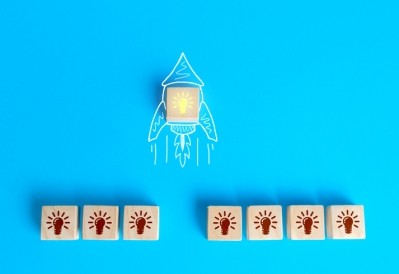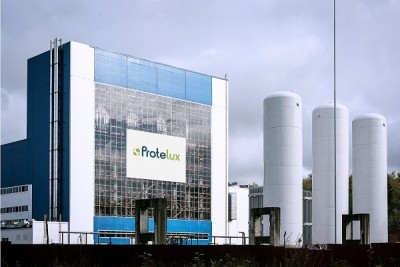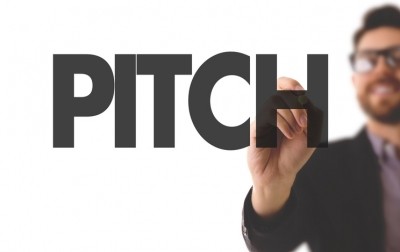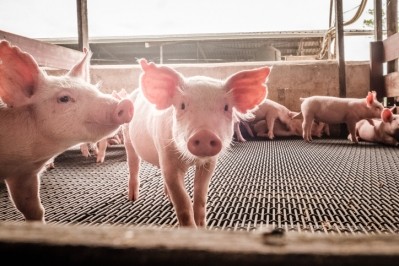Unibio joins SDG Accelerator Program

The SDG Accelerator, which is funded by The Danish Industry Foundation, is designed for small and medium-sized industrial companies that are deemed capable of making a difference in terms of scalability and working towards a more sustainable future.
Unibio CEO, Henrik Busch-Larsen, said the company was selected based on its technology that “enables the decoupling of protein production from farming and fishing.”
Last year, we reported on the SDG initiative, when another Danish company, Aller Aqua, which produces fish feed for freshwater and saltwater aquaculture, announced its participation in the program.
For the moment, only Danish small and medium-sized companies are involved. The aim, though, is to eventually roll out the program across the Nordics and globally.
SDG goals
The Unibio CEO said it is focusing on addressing four SDG goals through its participation in the program: GOAL 2: Zero Hunger, GOAL 8: Decent Work and Economic Growth, GOAL 14: Life Below Water, and GOAL 15: Life on Land.
In terms of the rather ambitious SDG goal of Zero Hunger, the CEO said the industrial protein innovation proffered by Unibio - using a waste product to produce a feed raw material - addresses one of the world’s biggest challenges right now of how to feed 10 billion people in 2050 without destroying the planet.
“The UN said innovation will need to play a huge role in relation to this challenge, and that is where we can step in.
“We are developing a business model to address the issue of flaring gas linked to oil production in developing countries, which is detrimental to the environment. By capturing this gas and cleaning it for our purposes, we can convert that to a protein product, while at the same time creating job opportunities in those developing countries.”
The protein product derived from this technology helps reduce the need to clear rainforests in Brazil to produce more soy for animal feed, and the product can substitute fishmeal, which can alleviate the stress on world oceans in regards to fish stocks, added the CEO.
West African focus
The biotechnology company is focused on West African countries in this regard: “Nigeria is, of course, a very interesting market. We are still in talks with a particular partner [about such a project] in that country,” he told us.
A report from the World Resources Institute in December 2018 said that feeding 10 billion people sustainably by 2050 requires closing three gaps:
- A 56% food gap between crop calories produced in 2010 and those needed in 2050 under “business as usual” growth;
- A 593 million-hectare land gap (an area nearly twice the size of India) between global agricultural land area in 2010 and expected agricultural expansion by 2050; and
- An 11-gigaton GHG mitigation gap between expected agricultural emissions in 2050 and the target level needed to hold global warming below 2°C (3.6°F), the level necessary for preventing the worst climate impacts.












